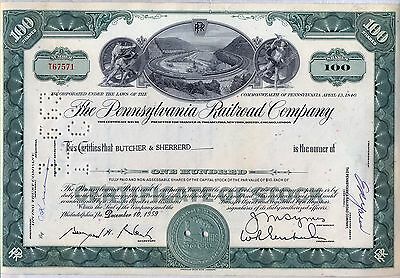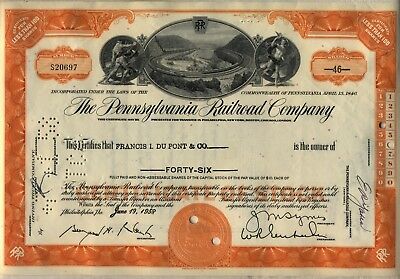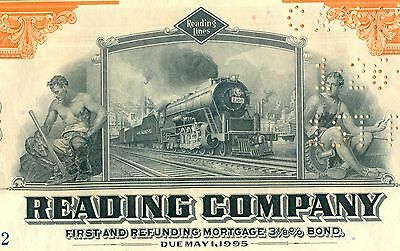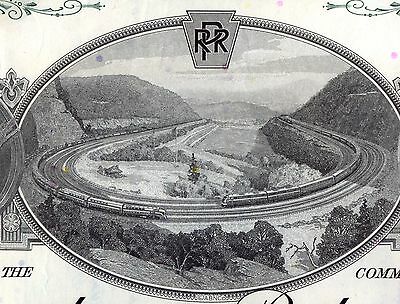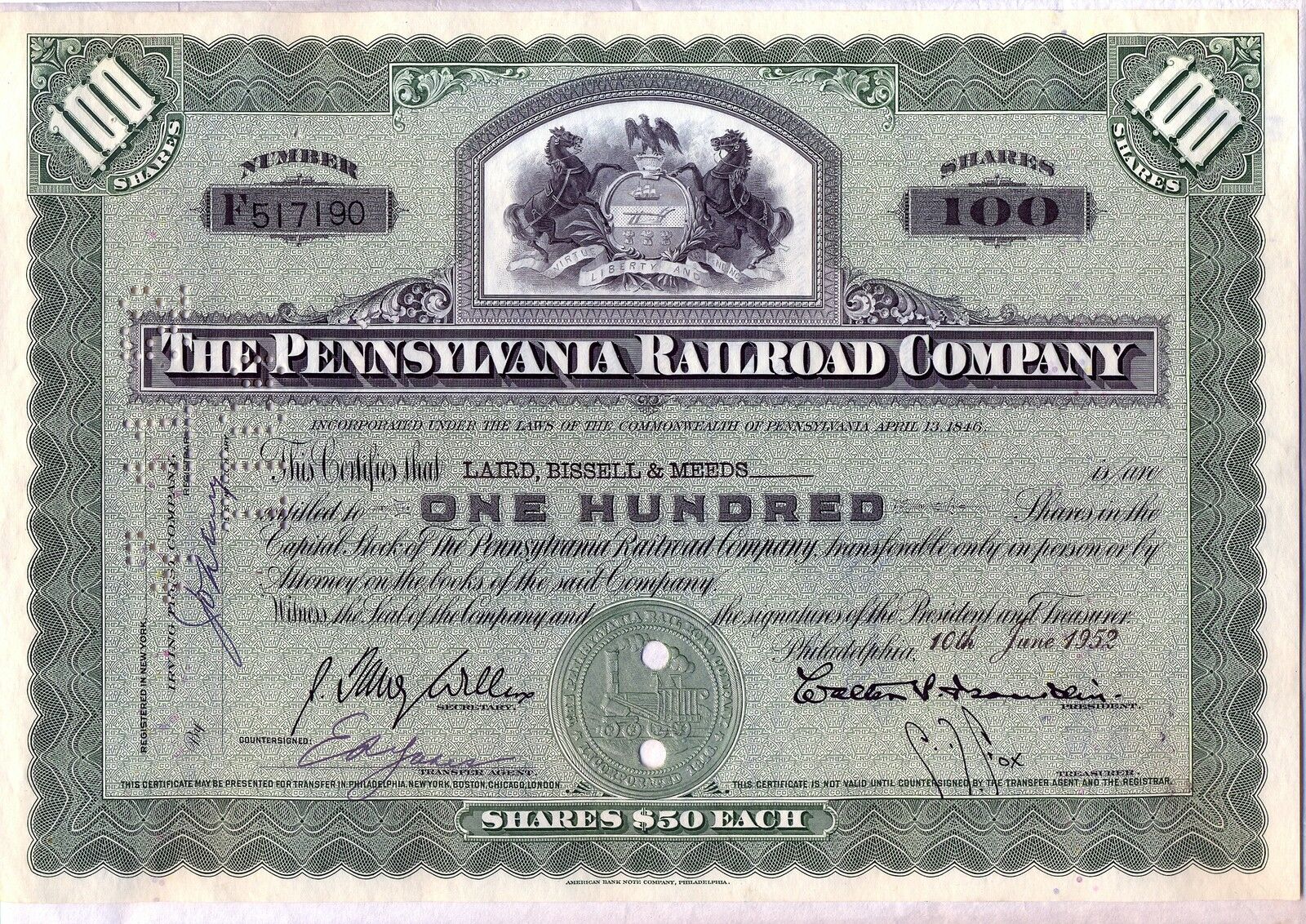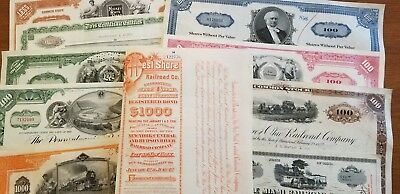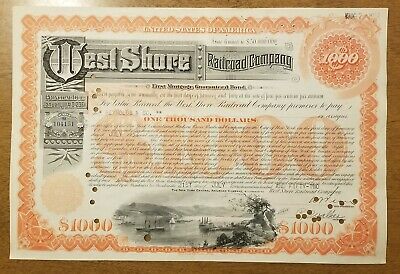-40%
Philadelphia Traction Company Stock Certificate
$ 9.5
- Description
- Size Guide
Description
Product DetailsBeautifully engraved antique stock certificate from the Philadelphia Traction Company dating back to the 1910's and 1920's. This document, which is signed by two company officers, was printed by the American Bank Note Company, and measures approximately 11 3/4" (w) by 8" (h).
This certificate features a beautiful vignette of a pair of trolleys on a busy city street.
Images
You will receive the exact certificate pictured.
Historical Context
In 1883 a trio of entrepreneurs, William Kemble, Peter A. B. Widener, and William Lukens Elkins, formed the to acquire existing and convert them to cable operation. The higher costs of the cable car infrastructure started the consolidation of the various routes into larger concerns despite restrictions on mergers and cross-ownership (usually avoided by the use of long-term leases and holding companies).
By the mid-1880s, however, the electric trolley was invented and it was clearly the technology of the future. Unfortunately Philadelphia Traction’s investment in cable cars and the small size of most other companies contributed to ’s slow adoption of trolleys (as did safety and aesthetic concerns among the public). Following the conservative Kemble’s death in 1891, Widener decided to abandon cable operation for electrification. The first electric line on Bainbridge and Catharine streets opened in 1892, and the horse cars made their final runs in Philadelphia just five years later. In 1895 Widener and Elkins formed the and within three years it controlled nearly all the lines in the city - including the Philadelphia Traction Company, which was leased on October 6.
To help increase off-peak ridership, the company built a large amusement park at Willow Grove in the northern suburbs in 1895. One of the region’s other successful , Woodside in Fairmount Park, was owned by the , which operated a popular trolley line through the park from 1897 to 1946.


